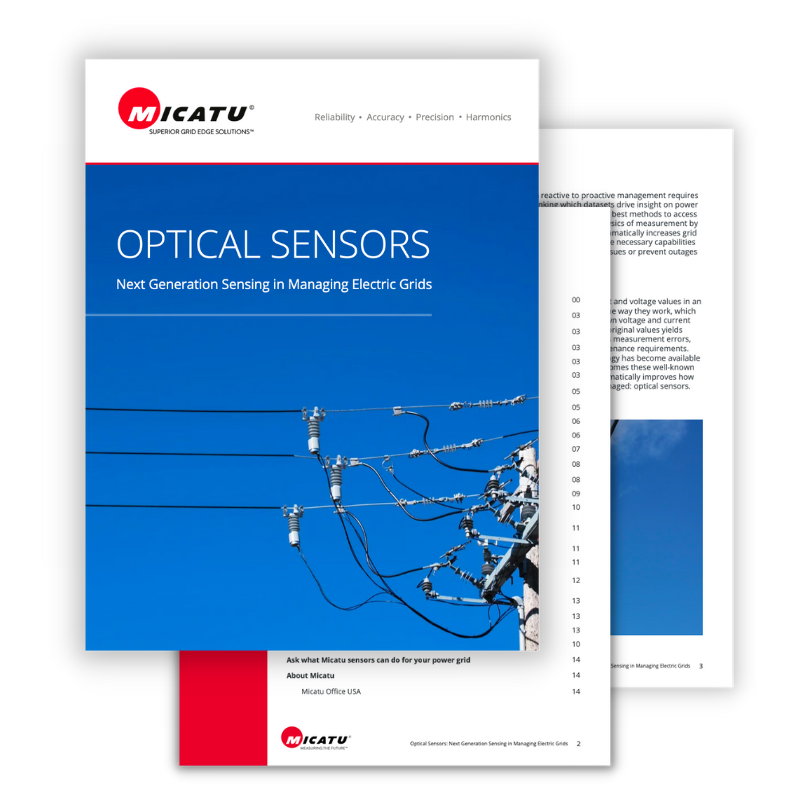Proactive Demand Management
Delivering reliable power remains a crucial imperative for utility operators, however the traditional reliance on fossil fuels for electricity generation contributes to greenhouse gas emissions, including carbon dioxide (CO2) is an increasing concern for customers.
While carbon capture and storage (CCS) technologies offer a promising solution for sequestering emissions at the source, their effectiveness can be significantly amplified by proactive electricity demand management strategies with cost-effective and readily available commercial solutions such as the MICATU platform. Combining CCS with robust demand management techniques can maximize carbon dioxide (CO2) mitigation efforts within the electric power sector and can be executed now.
Powering Reduced Demand
Traditional power grids rely on limited data points, often gathered manually or through less sophisticated technology.
Fossil fuel-based power generation remains the primary source of CO2 emissions in the electricity sector. The fundamental principle of demand management is simple: by reducing overall electricity demand, the need for fossil fuel-fired power plants is directly decreased thereby lowering emissions. This strategy goes beyond simple conservation efforts; by actively gathering insights about grid conditions and consumer behavior in real-time, utilities can optimize and influence grid power levels and customer electricity consumption patterns. The key enabler of this strategy is the availability of a fidelity and frequency of data delivering insights and actions in real-time, and commercially available now through MICATU.
Techniques for Peak Performance
A variety of demand management techniques can be employed by electric utilities. Regardless of preferred approach, implementation of the MICATU platform significantly enhances its operational effectiveness and profitability including:
- Demand Response Programs: With real-time visibility to demand and computational power at the grid edge close to the point of consumption, only the MICATU platform enables utilities to alert customers to reduce consumption during peak hours through incentives, time-based pricing, or direct control of appliances. This shifts demand to off-peak periods, alleviating stress on the grid during peak times thereby lowering associated CO2 emissions.
- Distributed Energy Resources (DERs): Adoption of small-scale generation like rooftop solar panels, wind turbines, and combined heat and power (CHP) systems lower demand on central power generation but their intermittency adds unpredictability and management complexity. The real-time visibility out to the grid edge delivered digitally by the MICATU platform integrates seamlessly with ADMS and IT/OT management platforms to enable the proactive control necessary to offset demand, reduce reliance on central power plants, improve grid resilience, and lower CO2 emissions.
- Smart Grid Technologies: Implementing advanced optical sensors from MICATU and communication networks collect real-time data on grid conditions and consumer behavior. Unrivaled in the fidelity and frequency of data delivered, the MICATU platform enables optimized decision-making on power generation dispatch, distribution, and pricing strategies to materially impact carbon emissions.
- Demand forecasting and analytics: Advanced data analysis and machine learning can help predict changes in demand with greater accuracy, but relies on the availability of precise, accurate and granularity of data necessary to support trending. Gathered and communicated digitally at the speed of light, the MICATU platform not only delivers the fidelity and frequency of data needed to empower demand forecasting, but also supports the variety of protocols used by today’s management platforms.
Volt-Var Optimization (VVO): Optimizing voltage levels and reactive power flow within the grid minimizes energy losses during transmission and distribution, effectively reducing the amount of electricity required to meet customer needs and CO2 emissions. Effective VVO relies on accurate and reliable data from the MICATU platform.
The Road to a Sustainable Future
The combined approach of CCS and demand management offers a powerful strategy for mitigating CO2 emissions in the electric power sector. By proactively managing demand and optimizing grid operations made actionable today through the MICATU platform, utilities can significantly reduce their reliance on fossil fuels, ultimately lowering their carbon footprint and paving the way for a more sustainable future. When looking for a proven approach to implement a comprehensive strategy that leverages the strengths of both CCS and demand management, look to MICATU to maximize your impact on climate change mitigation efforts.

Next Generation Sensing
Ensuring the safe and reliable delivery of electric current to homes and businesses while meeting climate objectives is becoming more challenging than ever. Learn how there is a need for safer, more accurate, and cost-effective technology to manage the state of the grid.
Contact Us
Looking to transform the way you collect data from the grid? Our experts will help you upgrade your measurement technology for the grid of the future.

